Dhaka, Nov 08 (V7N)- The interim government led by Nobel laureate Dr. Muhammad Yunus, which was established with high hopes three months ago, is under scrutiny as analysts weigh its achievements and challenges. While some initiatives, such as the establishment of a reform commission, an increase in expatriate income, and administrative reshuffles, have been seen positively, other areas—like controlling law and order and stabilizing commodity prices—have raised concerns.
Positive Steps:
According to political analysts, there have been initial structural changes aimed at institutional reform. Professor Mahbub Ullah notes that while there haven’t been dramatic breakthroughs, there is an "attempt to give a structural form to institutions," suggesting a commitment to long-term institutional strength. Professor Anu Muhammad highlights significant steps, such as suspending the immunity and cyber security laws, viewing these as supportive of democratic openness.
Persistent Challenges:
However, both Mahbub Ullah and Anu Muhammad raise doubts about the government's effectiveness in managing law and order and addressing the high cost of living. With the prices of essential goods impacting the middle and lower-middle class severely, Anu Muhammad points out the government’s "lack of effective initiatives" to curb inflation. Both analysts attribute some of this to the economic mismanagement of the former Awami League administration, though they also note that the government’s indecision in implementing policies is exacerbating the situation.
Law and Order and Minority Rights:
Law and order remain pressing issues. Anu Muhammad highlights concerns about minority communities' sense of security, noting that the government needs to take concrete steps to protect ethnic and religious minorities, especially given international pressures and the potential for exploitation of these issues by external powers. Mahbub Ullah adds that the limited engagement of the police, coupled with the military’s passive role despite being granted judicial powers, hampers law enforcement.
Decision-Making Hurdles:
The government, analysts argue, is experiencing delays in decision-making due to pressure from various interest groups. Anu Muhammad remarks on the influence of competing interest groups, leading to a "weakness in making clear decisions." Mahbub Ullah suggests that the government’s cautious approach, considering different stakeholders' reactions, is contributing to indecision.
Need for an Election Timeline:
The interim government’s primary responsibility is preparing the groundwork for a free, fair, and transparent election. Although an election commission is being formed, analysts advocate for a clear timeline. Anu Muhammad believes that an election roadmap will mitigate instability, while Mahbub Ullah contends that providing concrete timelines would reduce public uncertainty and misunderstandings.
The analysts agree that the interim government must foster cooperation with political parties to uphold the spirit of the mass movement that led to its establishment. As Professor Anu Muhammad concludes, setting a clear direction will support political stability and help meet public expectations.



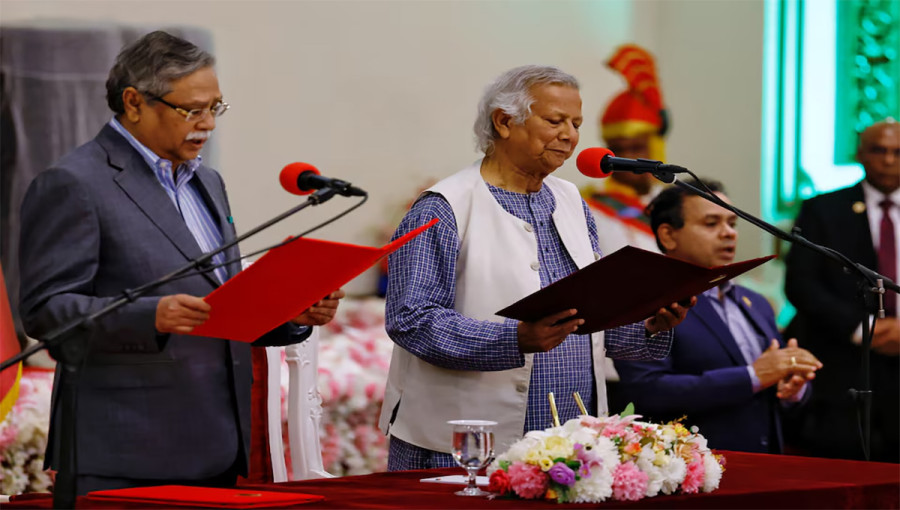
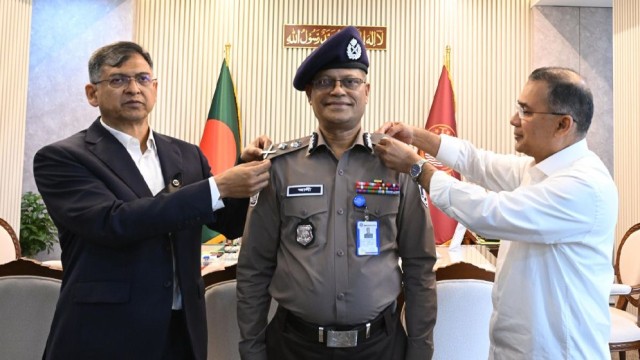
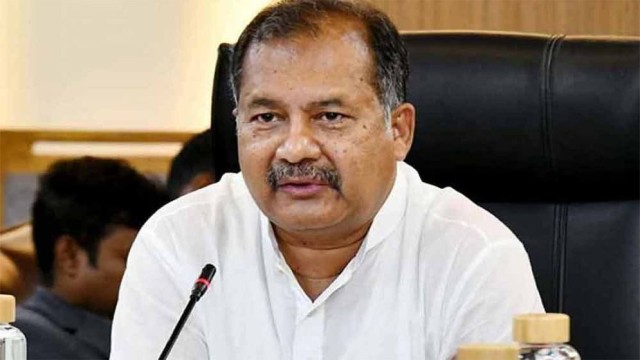
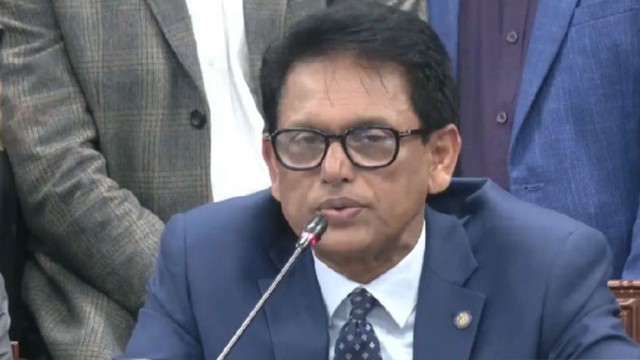
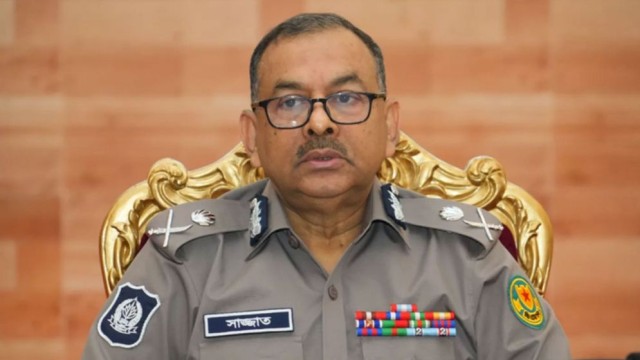
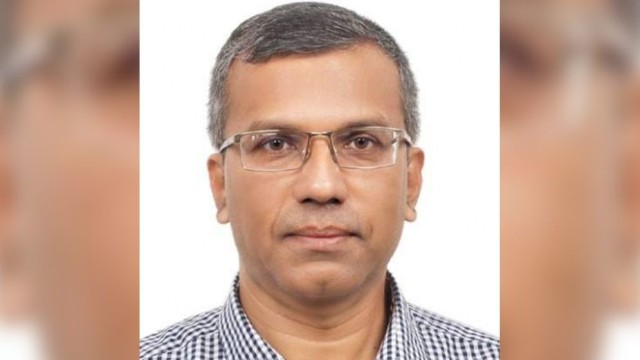
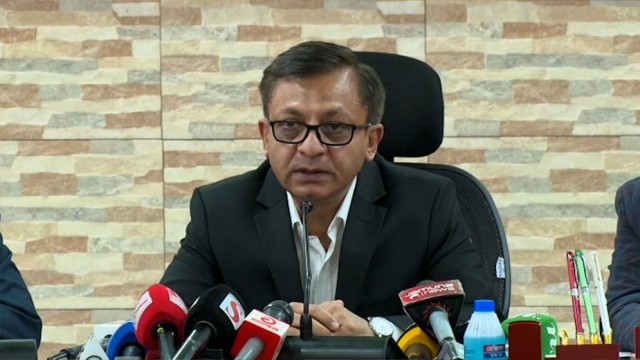

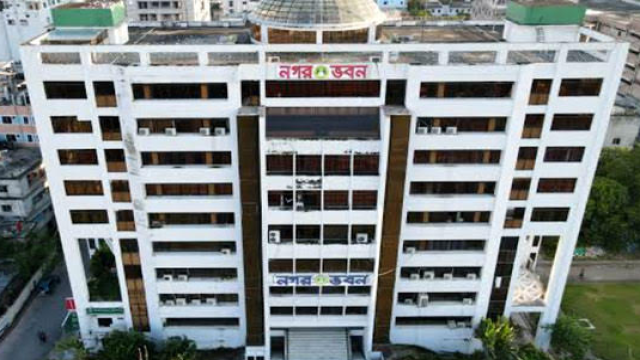
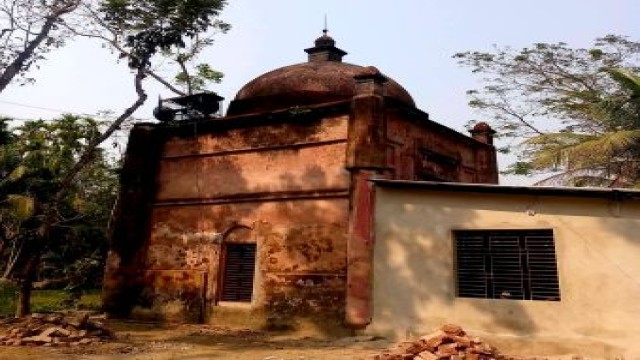
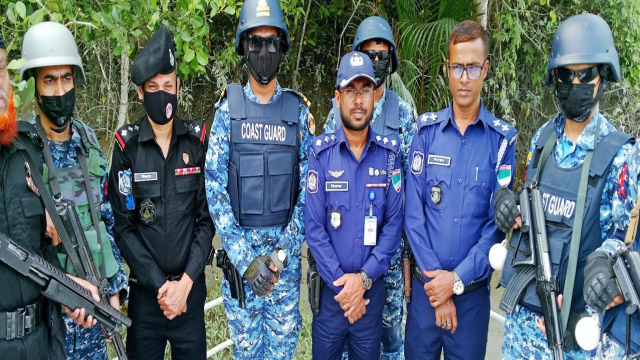
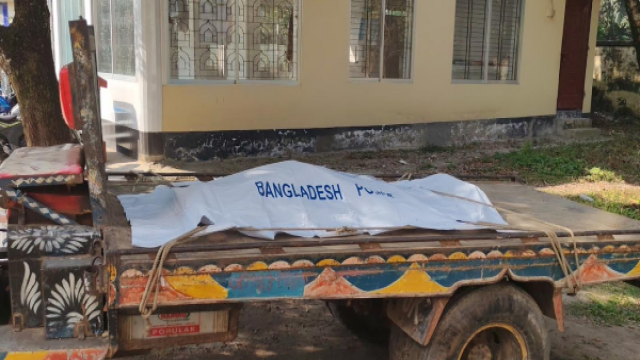
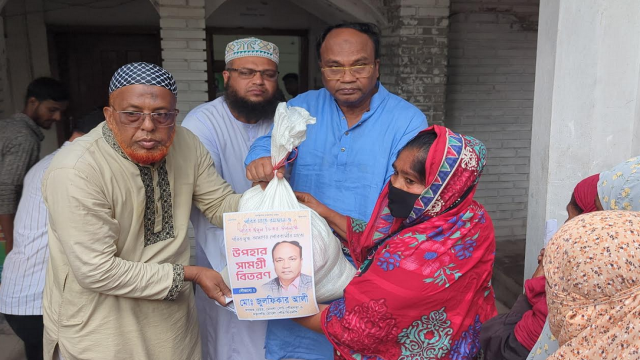

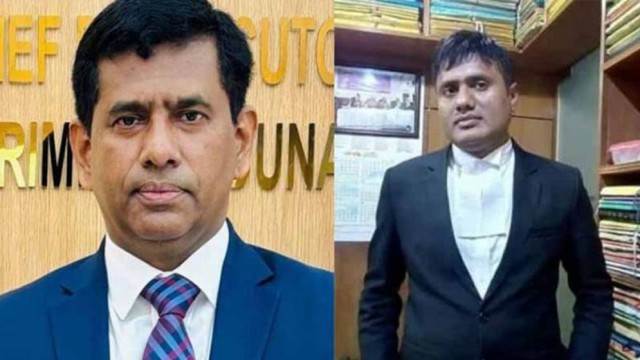
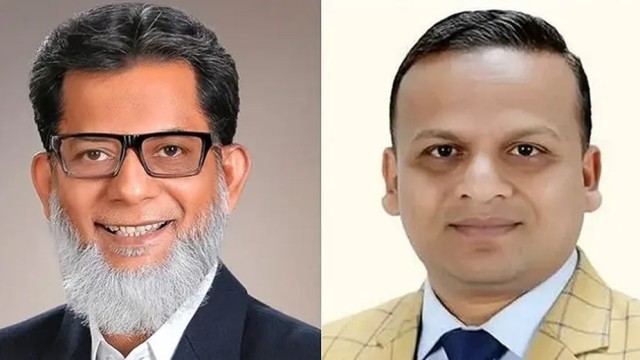









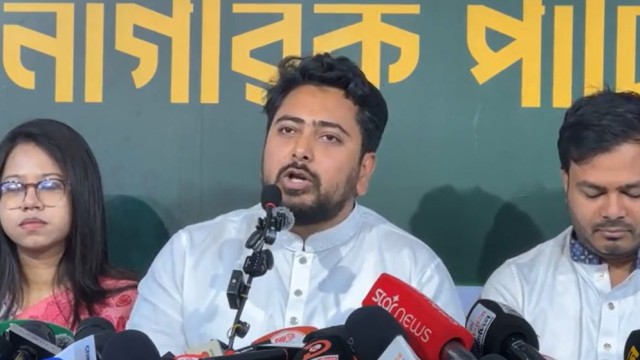

Comment: